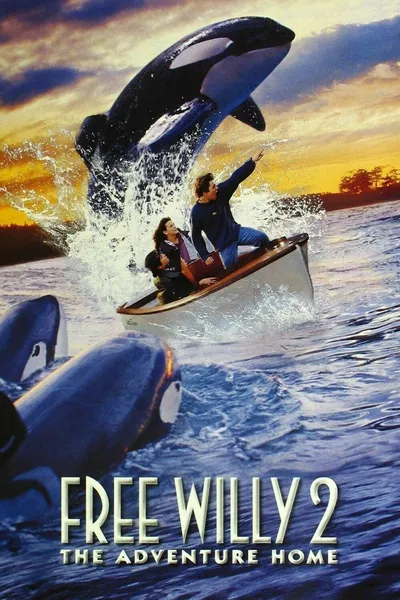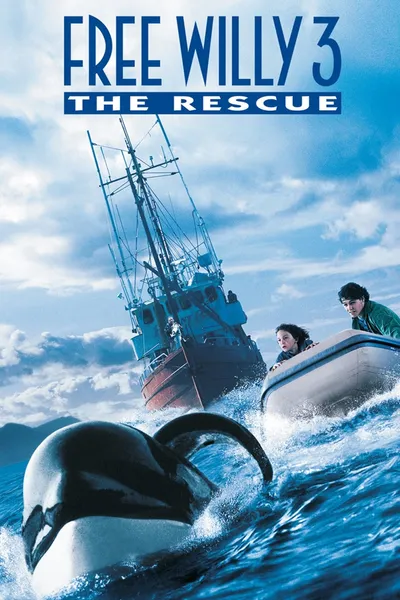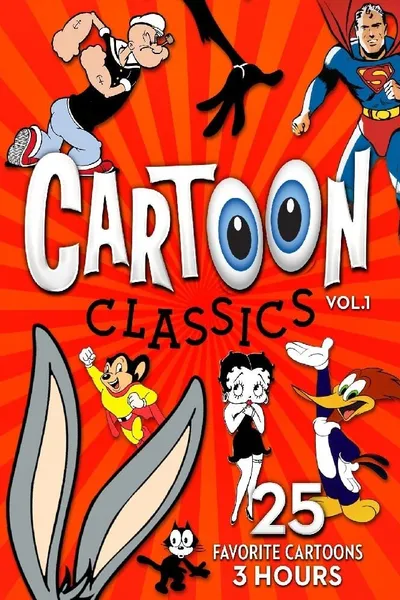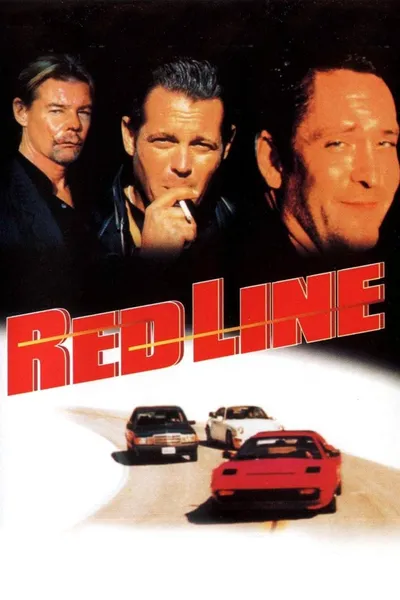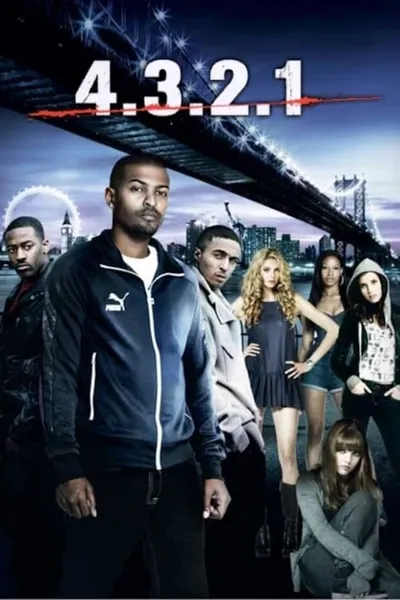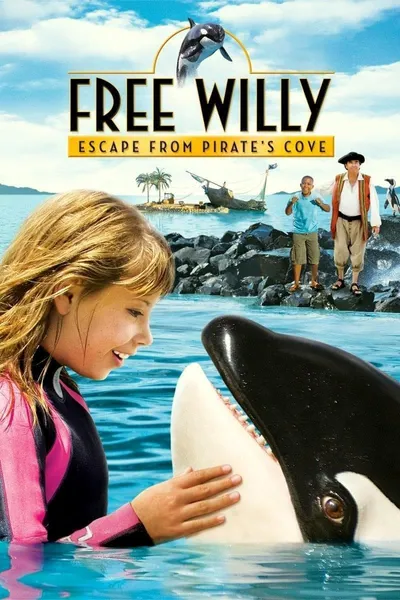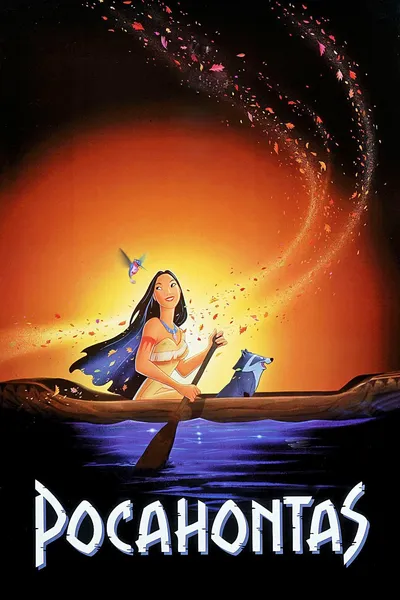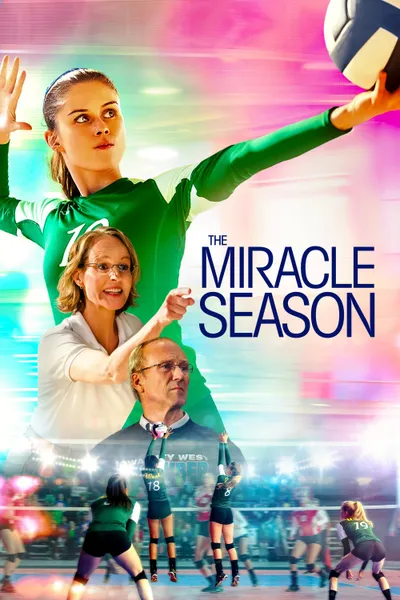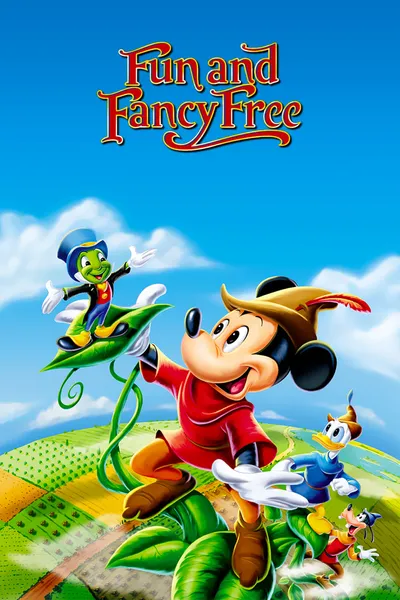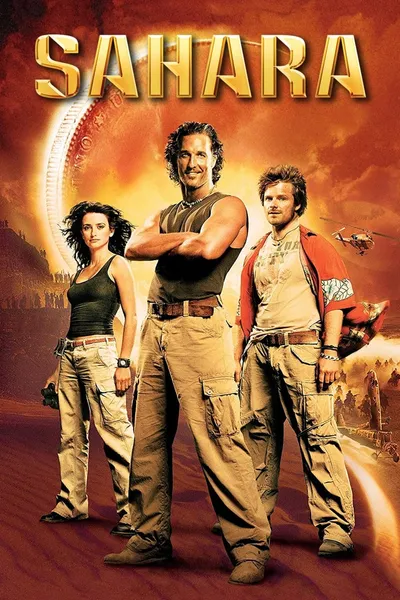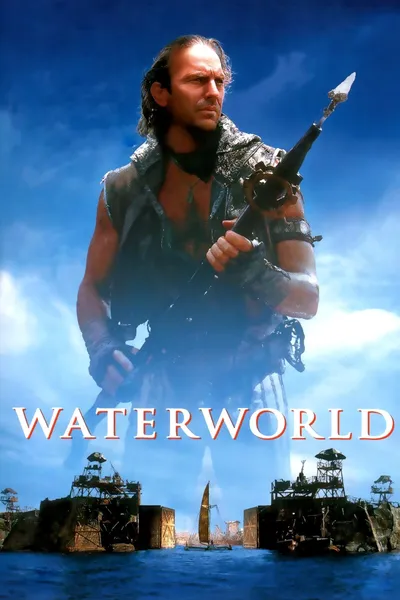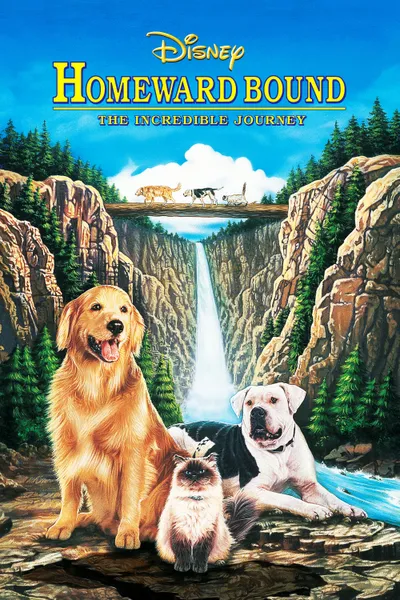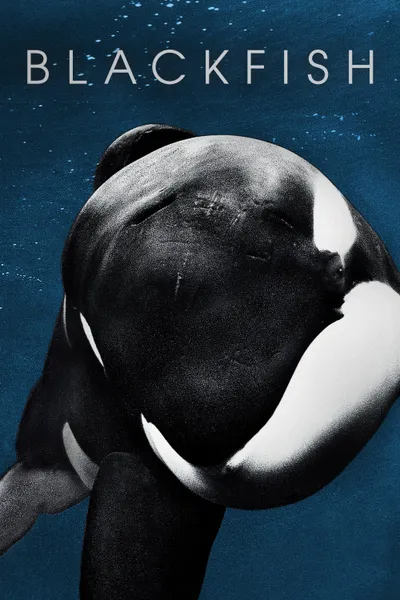Reviews

Filipe Manuel Neto
December 25, 20224.0
**It would be an excellent sequel, every bit as good as the original, if logic issues and plot holes didn't get in the way too much.**
If I can say that I really enjoyed the first film in this trilogy, I can't say the same for any of the sequels. The first film, even with all the flaws, was quite good and was so enjoyable that it became a milestone for many people's childhood and adolescence. This one, in addition to not bringing anything really new, has more flaws and problems than its predecessor.
The film's biggest problem turns out to be the script: the action takes place some time after the events of the first film, but we continue to see Willy, the released orca, playing a heroic role in saving several other animals after an oil spill resulting from an accident with a tanker that passed too close to the shore. Of course, as it is predictable in a film like this, there is life danger to the orcas, but in the end, everything goes well.
The script really ends up depending on each person's ability to turn off their brain and watch the film without asking questions. On the one hand, we are dealing with an orca whose release was amateurish, unforeseen and unprepared, as we saw in the opening film. In addition to this being something that goes against all the basic norms of those who deal with these animals, it increases the chances that a wild animal simply does not want its freedom, preferring the human contact it is already used to. It would help to understand how Jesse and Willy's relationship continues to be strong and important in this film, and the film that would follow.
However, believing that the orca could hear Jesse's harmonica, even if it were far away, is as foolish as believing in Santa Claus, and is simply forgetting that these animals travel thousands of miles, and that the orca is one of the few marine mammals that can be seen in any sea in the world. Willy would never hear the sound of his friend's harmonica if he was that far away. And although the film touches on an important ecological and environmental point – the damage caused by oil spills – the way it does so is far from realistic. Oil spills are a serious matter, they mobilize a lot of technicians and there are specific ways to contain and clean them up, as well as to save the affected marine life. A bunch of amateurs just couldn't do much.
In addition to the logic problems and holes in the script, the film has some very underwritten characters, although some of the heavy clichés of the initial film have been polished. And it is still pleasant to see the most important faces of the initial film return: Jason James Ritcher continues to work well as Jesse and is well supported by Michael Madson and August Schellenberg, who also return to the characters they already know. Francis Capra is doing very well, and Mary Kate Schellhart does what she can with the material she's been given.
Technically, the film continues to bet heavily on good cinematography and the choice of beautiful filming locations. As with its predecessor, it's a film that doesn't look the age it already is, and if we saw it without knowing when it was released, we wouldn't give it more than ten years. Good sound effects, good special effects, a realistic and effective animatronic whale, are some of the values that this film presents to us and that deserve a positive note. The soundtrack is pleasant, skillfully recycling material from the early film.
Recommendation Movies
Free Willy 3: The Rescue1997
Free Willy1993
Backlash1956
Rusty: A Dog's Tale1998
Cartoon Classics - 28 Favorites of the Golden-Era Cartoons - Vol 1: 4 Hours2020
Red Line1995
4.3.2.12010
Free Willy: Escape from Pirate's Cove2010
I Am Bruce Lee2012
Pocahontas1995
Wicked Little Things2006
Mirrors 22010
The Miracle Season2018
Fun and Fancy Free1947
Babe1995
Sahara2005
The Net1995
Waterworld1995
Homeward Bound: The Incredible Journey1993
Blackfish2013
© 2024 MoovieTime. All rights reserved.Made with Nuxt
